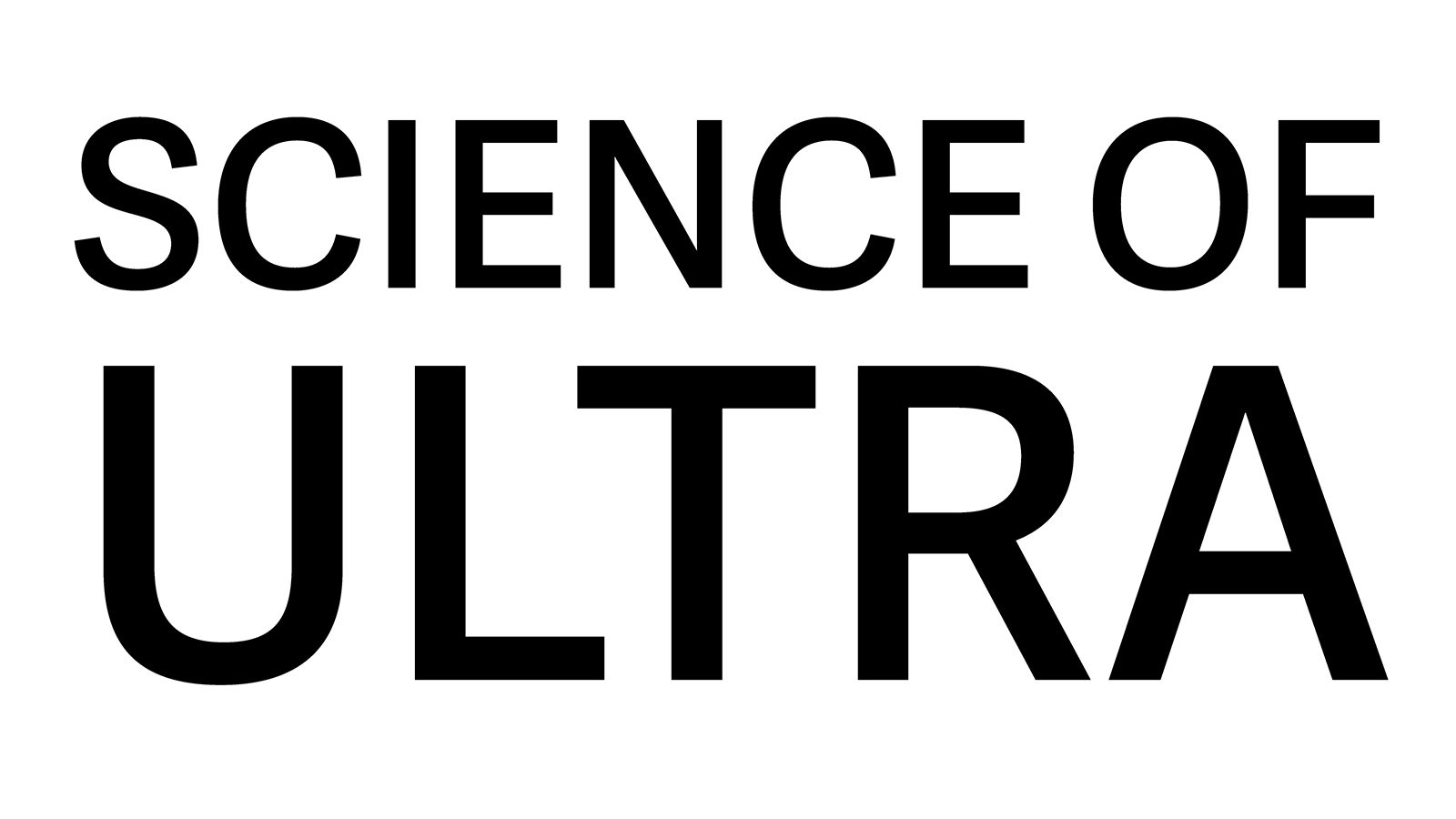Finding Studies
TRANSCRIPT
Science Of Ultra is your knowledge resource for becoming your ultra best. I’m Shawn Bearden, host of Science Of Ultra. If you’re interested in reading the science and studies we talk about on the podcast or want to learn more about what my guests have published, there’s a great resource for you. It’s one that I use every day as a scientist and principal investigator running my own research laboratory. This video is a brief tutorial on how to use that website.
It’s called PubMed and is curated by the US National Library of Medicine and the National Institutes of Health.
The first thing to do is type pubmed.gov in the URL box of any web browser.
This takes you directly to the database. Note that there’s a dropdown menu which is useful to many scientists. Today, we’re interested in finding peer reviewed research, so we’re already on the right page.
In the search box, type your search terms of interest. You can also type the name of a scientist. For our example, Let’s type the name of one of our Science Of Ultra guests. In episodes 4 and 7, you heard Dr. Sam Cheuvront as he and his colleague Dr. Robert Kenefick taught you about thermoregulation, hydration and electrolytes. Cheuvront is not a common name, if you need to find the spelling of the names of any of my past guests, just go to scienceofultra.com/podcasts for a list of all the shows. My guests names are in the titles and the show notes.
We type Cheuvront and the initial of his first name; now, you could leave it at that and press enter. But, it’s best to include the initial of the scientist’s first name. And, if you want to be sure that the system treats your text as an author, then you can add brackets around the text a-u-t-h, and press ENTER or RETURN.
The result is a list of peer reviewed publications by all authors with the name S Cheuvront. If the person has a common name, you may get results for multiple people. You can look at the titles of publications until you find one that is definitely in the field of your scientist of interest. In this case, we see one right away.
Clicking on the title of the publication brings you to a new page that includes the abstract of the publication, where you can get a summary of the background, experiments, results, and conclusions. You can get further information about the author or authors here. Now you see that Dr. Cheuvront also uses the initial from his middle name - N. Many scientists do this to make it easier to find their work as there will surely be fewer SN Cheuvronts than S Cheuvronts publishing in scientific journals.
Pubmed also has the feature of clickable author names so that you can run a search on an author’s name quickly from any of their publications.
If the full article is available and open to the public, then there will be a link in the upper right of the screen. Because journals usually own the copyright, they are not always available without a subscription. However, nearly all articles are made publicly available 12 months after publishing.
If you would like to filter your search to return only publications by SN Cheuvront that are free to you, then you can go back to your search, add N in the search box, then click on the ‘free full text’ option on the left-side bar. Notice, too, that each publication that is free, will be so indicated in the citation.
If you choose to search for a topic, rather than an author. Follow the same steps. Note that the search bar allows boolean inquiries, which means that you can use the words AND and OR depending on your wishes. If you are searching for a specific set of words, you should put them in quotes.
Running a search like this one "running economy" AND (performance OR endurance)
will return all the articles using the phrase running economy and also the word performance or the word endurance
If you move the parentheses like this ("running economy" AND performance) OR endurance
you will now get a list of publications that either contain the phrase running economy along with the word performance OR you’ll get any publication with the word endurance. Clearly the second search is going give you many more hits because there will be many publications with the word endurance.
Play around with this, find articles, and be sure to ask questions. As you become more familiar with these basic searches, there is an opportunity to create more advanced searches using the advanced search link.
You can always e-mail me or, better yet, leave a voice message question that I will play and answer on an upcoming podcast episode! Go to scienceofultra.com/contact or you can record a voice memo on your smart phone and send it to me shawn@scienceofultra.com
